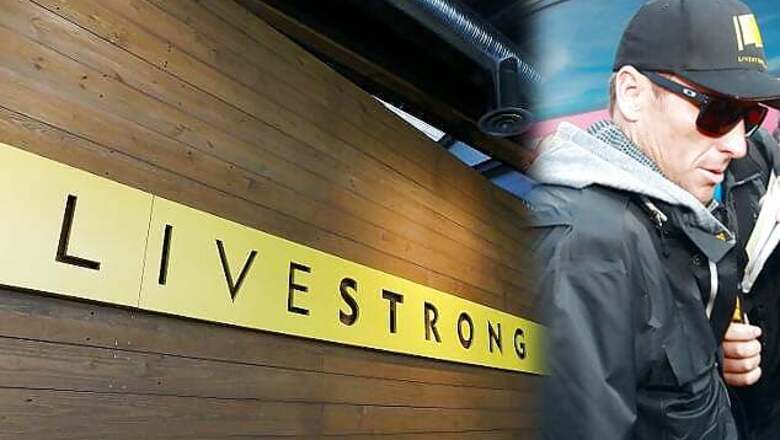
views
If a liar says he's lying, is he telling the truth? - This is a simple liar's paradox.
Watching the much hyped Lance Armstrong 'redemption' interview by Oprah Winfrey, I was forced to think about the liar's paradox, though it does not have much relevance in the present context where the disgraced Armstrong came out clean admitting to dope in the show.
But again, he apologised for his misdoings and he seemed very apologetic throughout the interview. Was he actually apologetic? Was he actually remorseful? Did he reveal anything new that was not in the public domain earlier? Not really. It was after all a confessional interview - and Armstrong confessed. Big deal, eh?
"A liar will not be believed even when he speaks the truth."
After 14 years of cheating, 14 years of dissembling and 14 years of lies, now Armstrong decides to come out clean when he is cornered. He decides to apologise when legal actions against him seems a possibility. He confesses when there is nothing to confess really. Winfrey asked him did he dope, he answered yes. Winfrey asked him was he a bully, he said yes. Winfrey asked why did he decide to open up now, he answered,wait for it - I don't have a great answer. Now, that is an answer!
A man fighting against all odds and triumphing in life in a miraculous way is a great story. Armstrong's seven Tour de France titles and his support and success of Livestrong is a great story. Then again, stories of fallen heroes too are great. Marian Jones' fall from being a five-time world champion to serving six months in jail was stunning. Her confession, or more of a tearful revelation outside the courthouse in 2007, was sincere. Ben Johnson revealing in a courthouse that he took steroids during 1988 Olympics was chilling.
Both Jones and Johnson had denied the allegations early on but eventually succumbed to the pressure. But Armstrong not only denied the allegations, he brazenly went about defending it. He filed cases against journalists and media houses, he threatened those who were willing to come out and put zingers on those who came out. Reports against him were published, book on doping with Armstrong in the middle of the muddle came out, yet, he remained defiant. He took his fight to his teammates, to the governing bodies of cycling and doping - he denied everything for 14 years.
During the interview Armstrong says he did not feel he was cheating at the time and viewed it as a 'level playing field'. He did not feel wrong doing it. Stating this even now, after all the fiasco just tells that Armstrong is still in denial mode. He is not sorry for using the banned substances to enhance performance; he is just sorry about getting caught after this long. He regrets making a comeback in 2009 rather than using the banned substances. When asked about Michele Ferrari, who was banned for life by USADA after being found guilty of numerous anti-doping violations, with enough proof was the mastermind behind the whole doping programme, Armstrong said he is not comfortable talking about others. Quite interesting defence one would say looking at the fact that the 41-year-old blamed the entire programme where he had to take the banned substances for making it a level playing field.
He failed to address the allegations made by former teammate Frankie Andreu, who admitted in 2006 to taking EPO (Erythropoietin) before the 1999 Tour - Armstrong's first victory - and his wife Betsy. The duo had testified against Armstrong in 2006 but to till this day Armstrong denies the claim. So what exactly came out of this interview - that Armstrong is sorry - well that clearly is not enough.
What Armstrong did with his trail of lies and disassembling was to shake the very foundations of cycling as a sport and make mockery of sports in general. As a fan and sports journalist stories like Armstrong's puts you in doubt and you question your own passion for the sports. For Armstrong, who will be losing a lot of money he earned in the coming days and with his reputation being reduced to rubbles, the show seems to be a last gasp attempt to get something out of the sorry saga. For Oprah, her cable network OWN got premium advertisements for the interviews and she got a big name in her repertoire of confessional interviews. We know who the winners and the losers here are.
If you want to say sorry Mr. Armstrong, keep trying for the next 14 years.
####











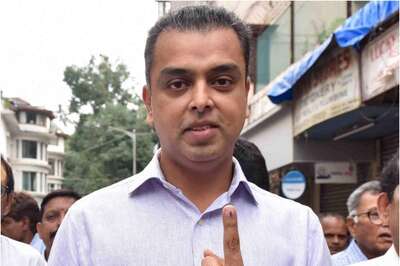
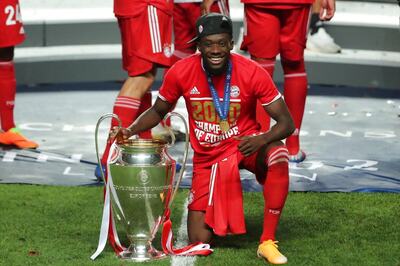
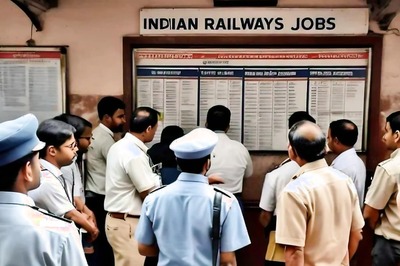


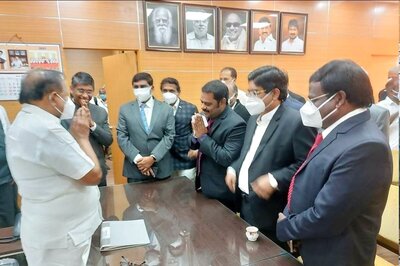
Comments
0 comment